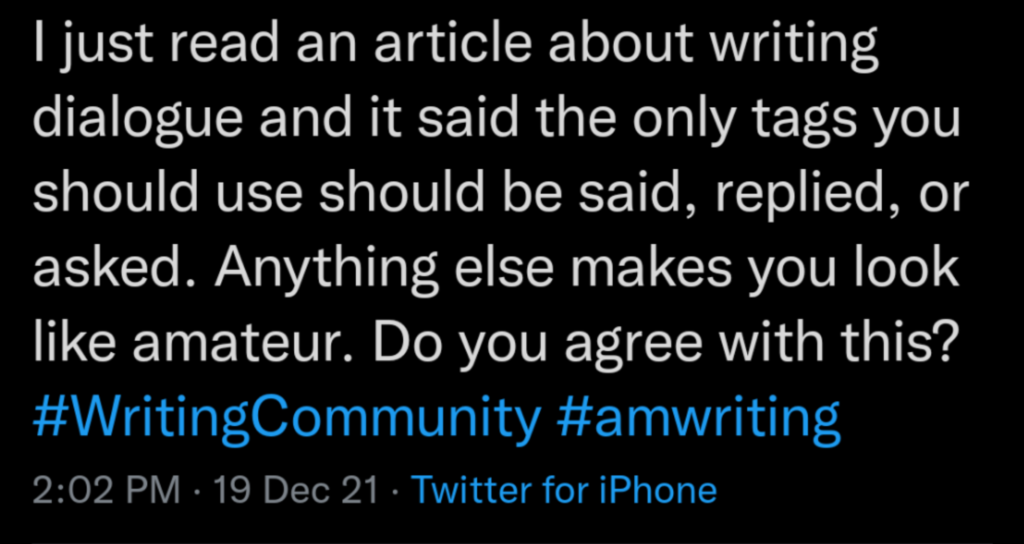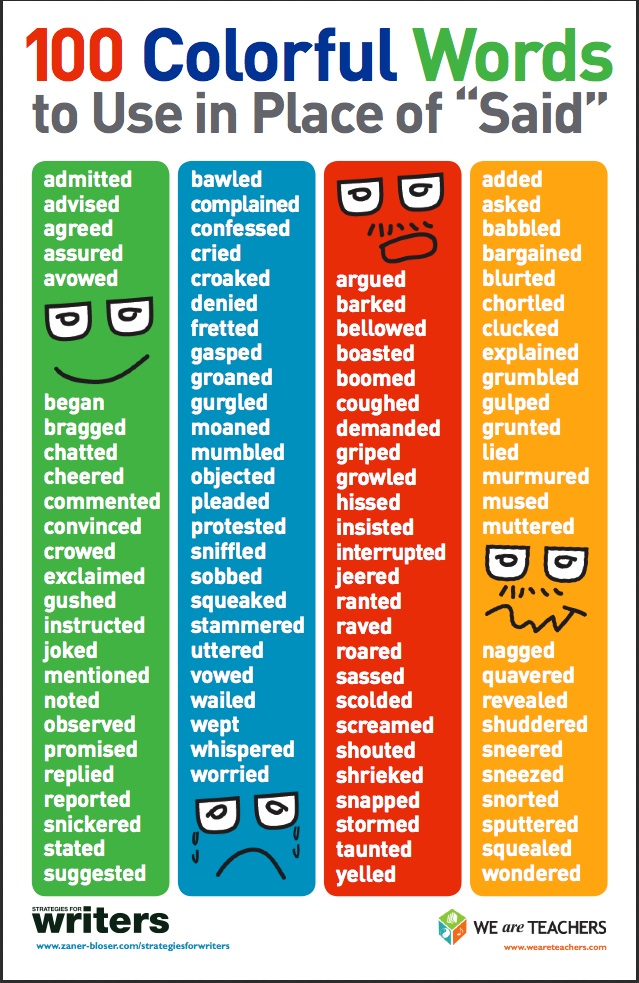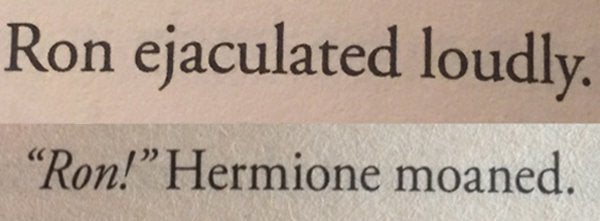
Welcome to Morning Pages — it’s time for a monthly roundup. I hope you’ve got your pencils sharpened and ready to write. Wanna join in on the fun? Read the prompt, set your timer* and get ready to let the words flow. Feel free to post the results of your work in the comments below where we chat about writing and (if the mood strikes us) get a craft discussion going.
If you want critique from other commenters, use #YESTHANKS in your comment. Otherwise, you can tell us about the flash fic and the process you went through to write it. And of course, I’m always open to hear what you think about my excerpts!
*you can write for as long as you want, but most folks choose 15-30 minutes.

What I learned this month: This month’s ‘what I learned’ is entirely in honor of the song prompt I answered in early December.
This isn’t the first time I’ve ever had to make something in response to a song prompt, though usually it’s less of a direct challenge and more of an organic thing — a song that catches my attention, a lyric that earworms, an idea that germinates while I’m listening. I always end up looking for the lyrics to the whole song afterward. In part, it’s to check to make sure I’m not quoting something horrific or absurd. Other times, it’s hunting for more inspiration or understanding. And sometimes, I end up striking gold and finding out that a song like Mercy Street was inspired by a poem — one with even richer lines and source material to draw from.
I don’t read or write much poetry because the medium has never felt comfortable to me. Prose is what I know. But I think I’d like to understand poetry better (and take a class, perhaps), because the precision of imagery and figurative language poets command has always awed me. It’s certainly a place where I’d like to make my story-prose stronger, because while I can write visually, it never comes naturally.
So… I challenged myself this week and tried to write a prose poem. As many things I write often are, it’s dark, and not-so-subtly about mental health struggles.

The Prompts:
“Mercy Street by Peter Gabriel.”
A prose poem based on my first ever song-prompt.
“Deathmark”
Jael Soti was born with a terrible curse.
“Ugly sweater party.”
In keeping with the holiday spirit, Arden wears ugly sweaters to all holiday-themed parties.
“When the clock strikes midnight on New Year’s Eve, we turn and kiss the person standing next to us—whether it’s romantic, platonic, or familial. What do characters in your universe do to celebrate the New Year? (And: if you write romance or romantic subplots, how could you incorporate the kiss tradition from our world into yours?)”
“First Light:” Oceana ‘verse. Val is tired of how the gossips disparage his nephew.
Picture Prompts

“Stormbringer:” He did his summoning at daybreak.

Get Involved!
Answer the prompts or dive straight in and respond to others’ comments — let’s share our knowledge, our experience, and have a discussion we can all learn from! Don’t want to miss a post? Subscribe to the blog in the sidebar to get notified about new posts.
Today’s questions:
- Do you tackle mental health issues in your writing?
- Do you do so in order to process a piece of your experience, for the sake of increased representation, or both?
Looking for more writing? Become a Patron!
In addition to extra flash fiction (at least once a week), my Patreon hosts my full-length novels, artwork, behind-the-scenes worldbuilding, and more. Click below to check out the tiers I offer and support the blog!



